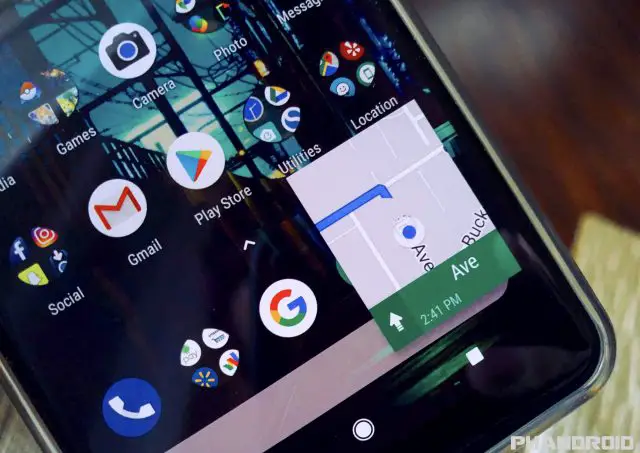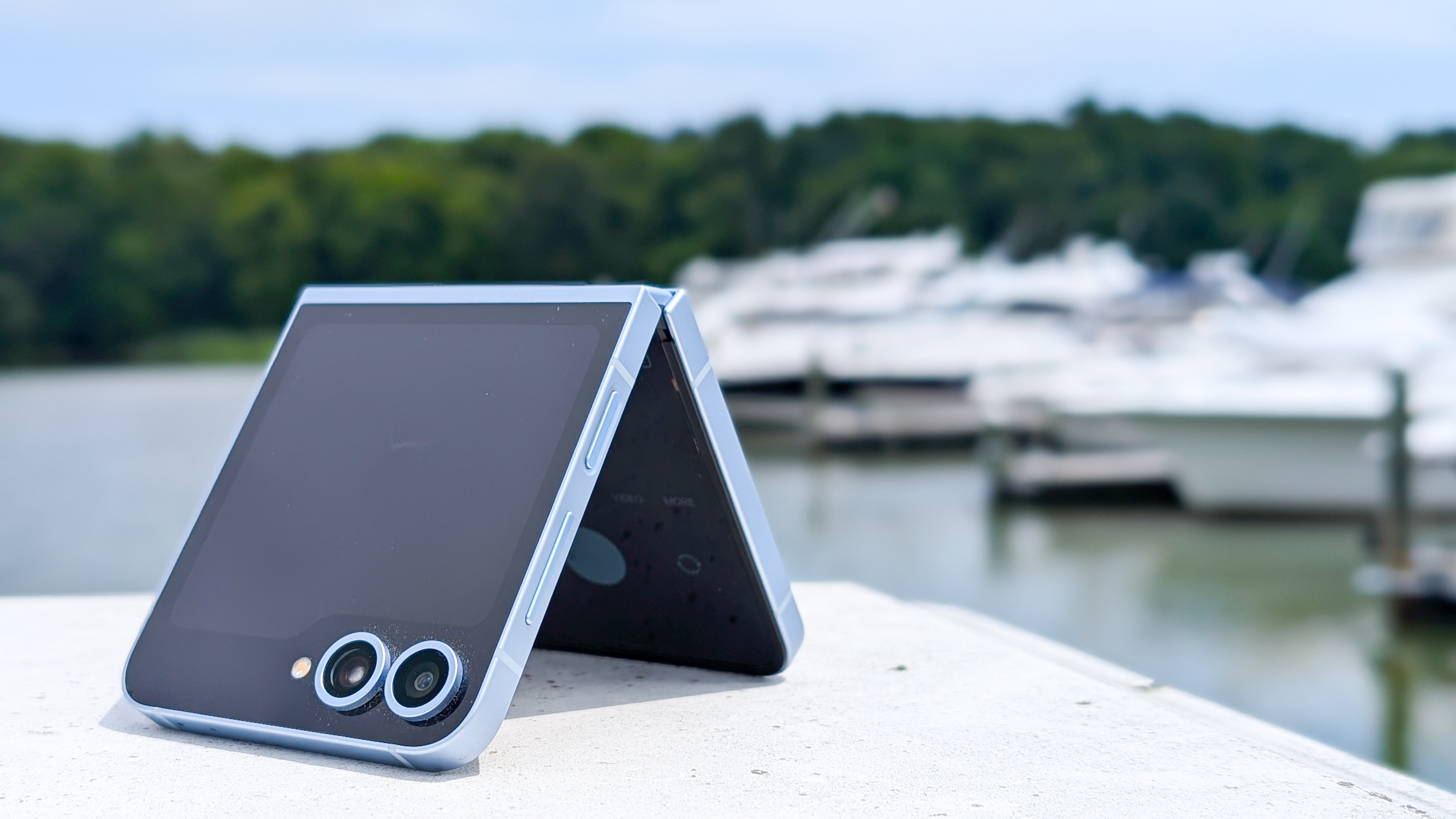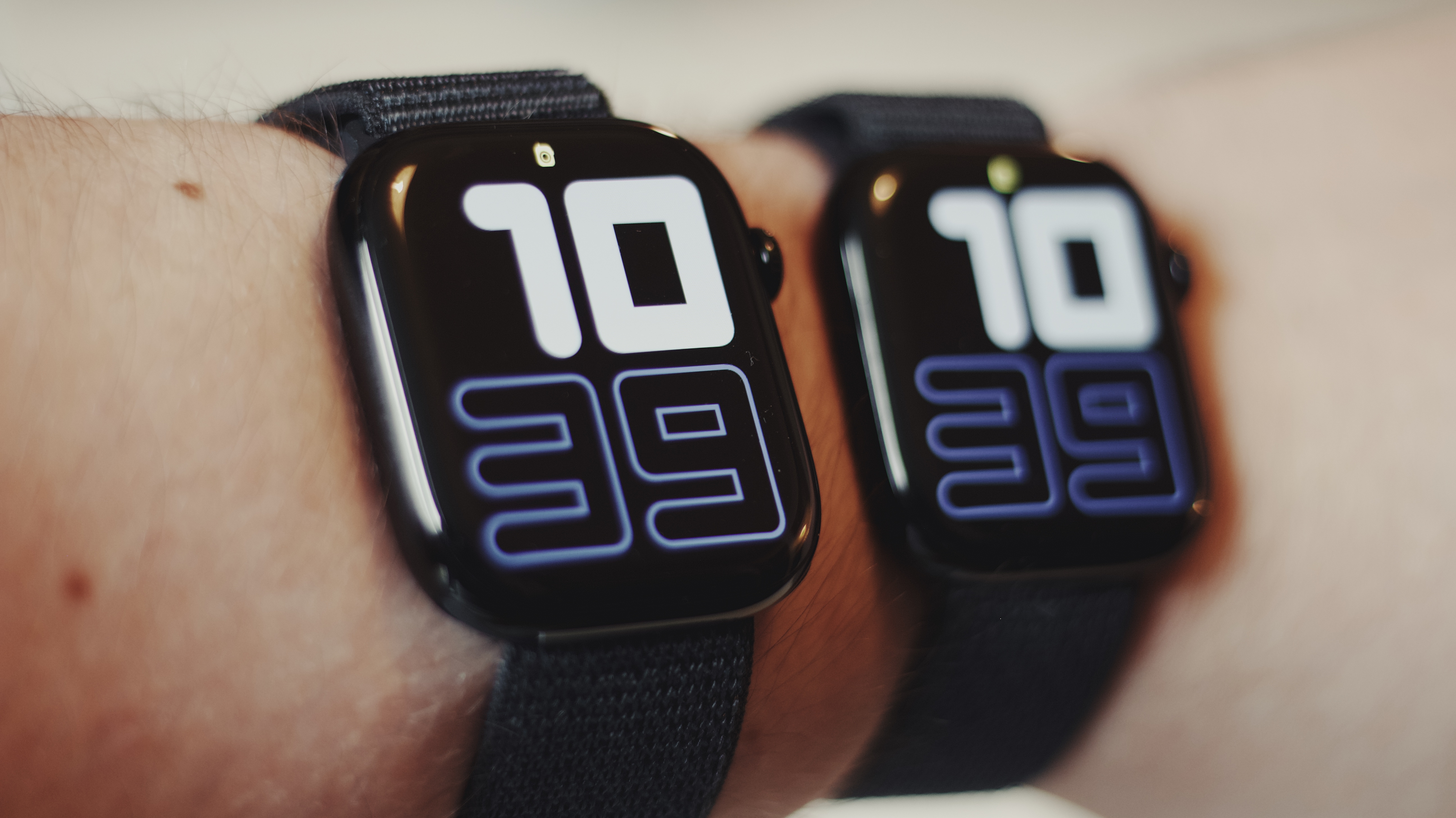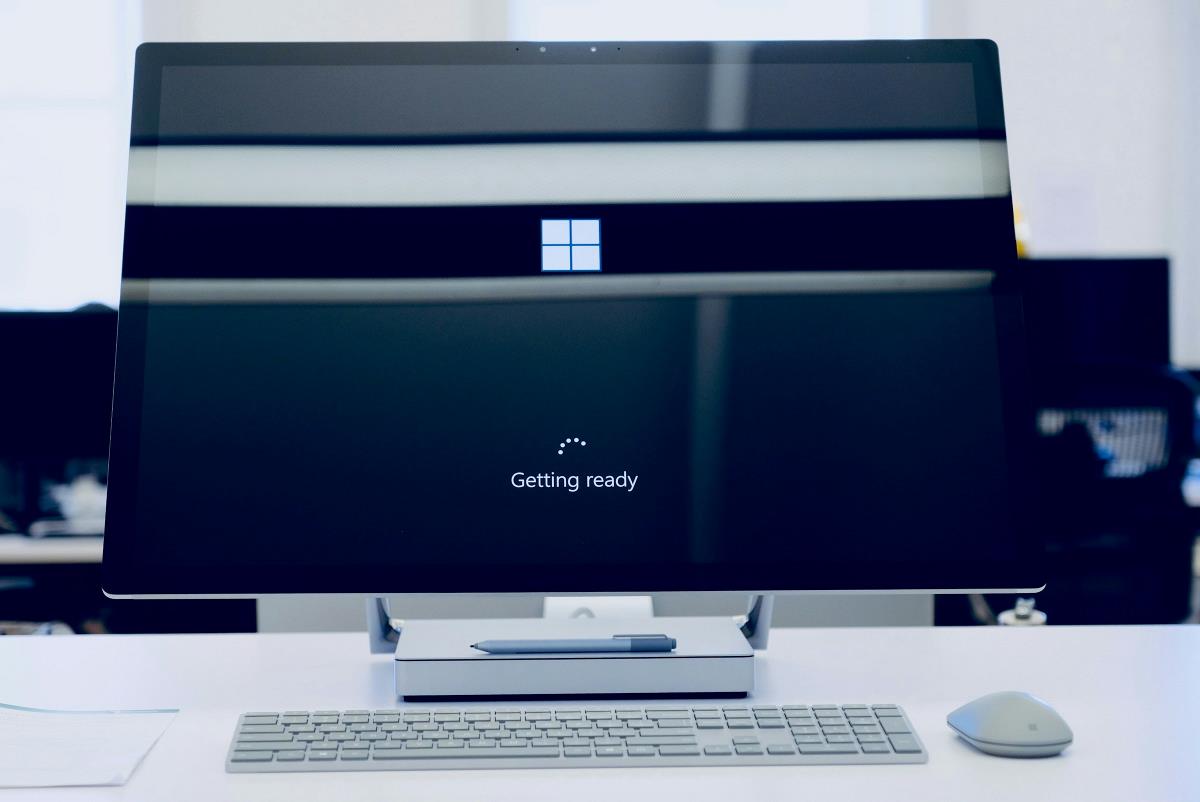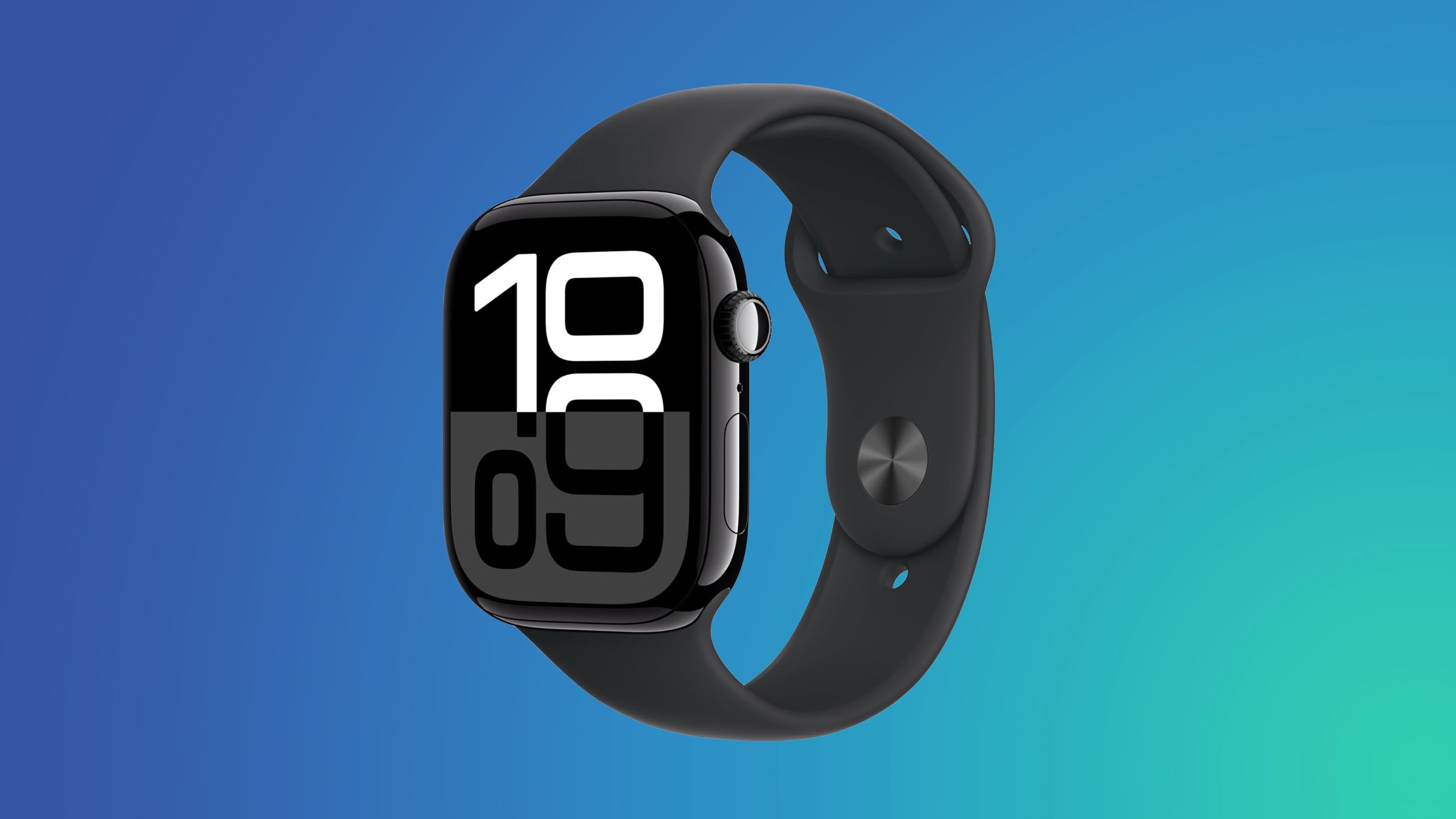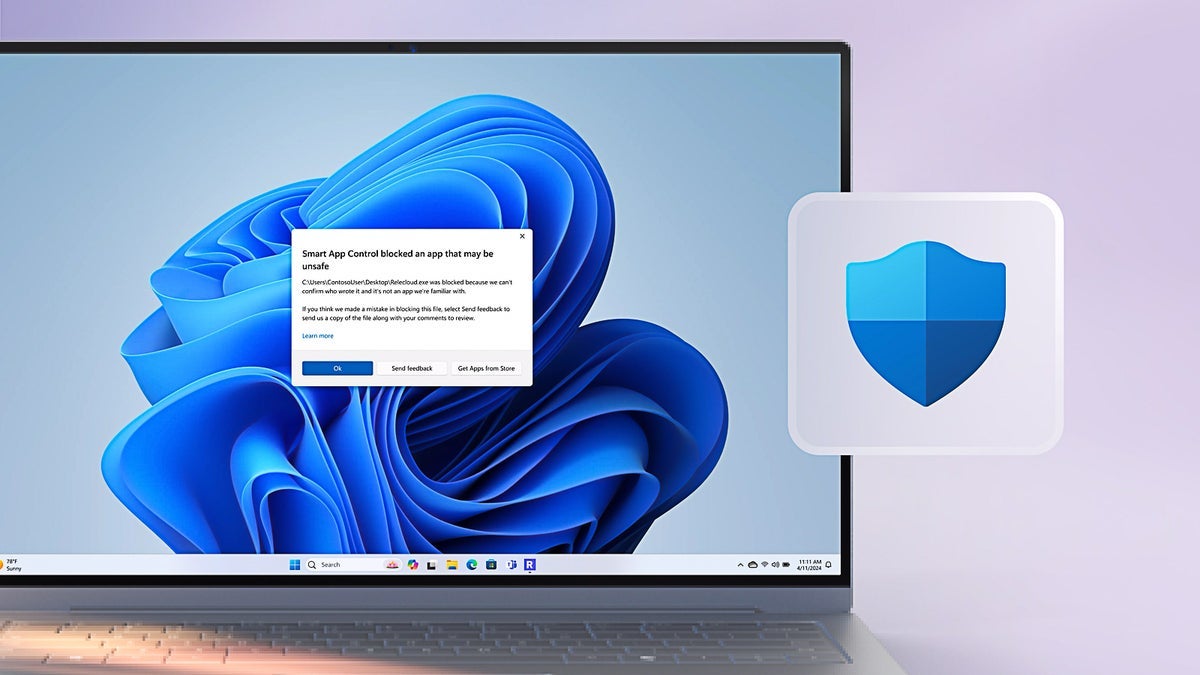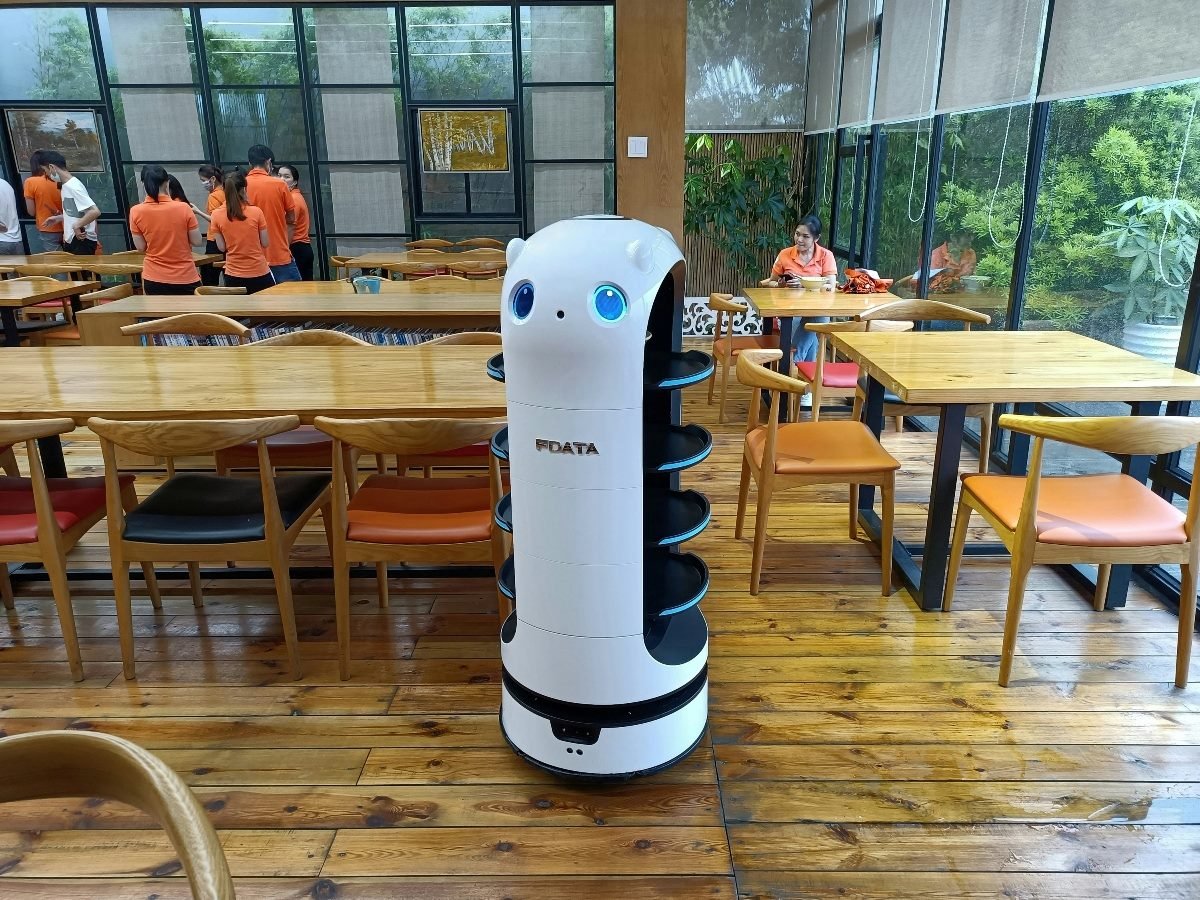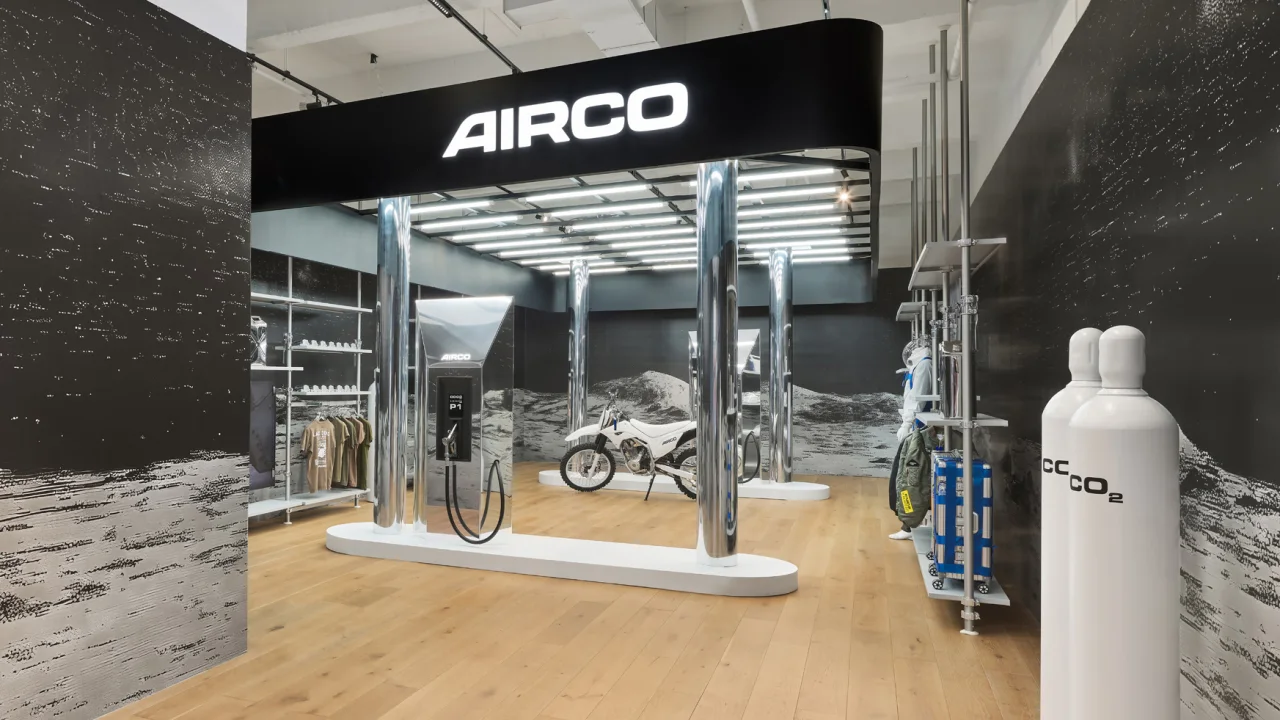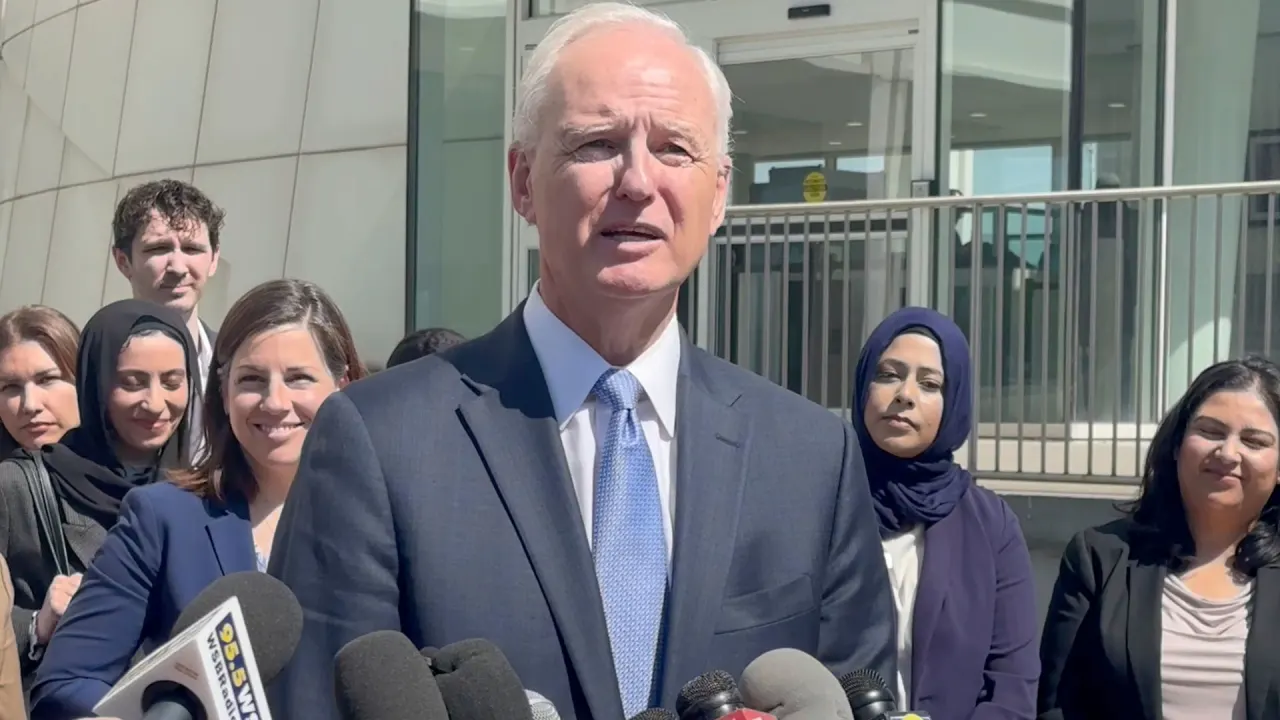How to stand out in a group job interview, even if you’re not an extrovert
Because hiring staff is typically a time-consuming and costly process, many companies are now opting to interview multiple candidates at once. The Society for Human Resource Management reported that group interviews have become increasingly popular among employers. For applicants, this changes the interview experience significantly. Instead of fielding questions about your résumé in a one-on-one setting, you’ve now got to vie for a role alongside other applicants and take part in real-world workplace scenarios designed to showcase your leadership skills. Tech companies and brands such as Disney, Starbucks, and The Gap are choosing to adopt the trend. Not only can interviewers see how candidates work in high-pressure situations, but fewer interviewers need to be trained in the company. “By screening multiple candidates at once, this style of interview can save employers time, while also allowing them to observe candidates’ critical thinking and communication skills in action,” says Sarah Skelton, managing director of recruitment company Flourish. Skelton adds that this interview style can not only be a timesaver for companies, but it can also save applicants time, too. “For the candidates, this can give an opportunity to showcase their skills in one day.” But it can also be a stressful process, especially if you’re used to the traditional interview experience. The next time you’re asked to participate in a group interview, here’s what to keep in mind in order to make sure you stand out to the hiring managers: Practice your networking skills When taking part in a group interview, try networking to make you feel calm, grounded, and present. “It may be helpful to warm yourself up by having a couple of light touch questions you ask other interviewees before the interview starts, for example, ‘How was your journey?’” says leadership coach Keren Blackmore from Leap of Thought. Being interviewed alongside others might actually help reduce the amount of stress you feel, as you’re all in the same boat. You can also use the opportunity to increase your network. “The people you meet at the interview may be interesting contacts for the future, [so] why not, for example, connect on LinkedIn?” says Blackmore. Think about your body language While it may be more difficult to stand out in a group interview, you can still make your presence felt, even when you’re silent. Psychologist Albert Mehrabian said that 55% of our communication is through body language, rather than speaking. Beth Hope, an executive coach who specializes in resilience, says your body language in these group interview settings should reflect calm confidence. “Sit tall, ground your feet, keep your shoulders relaxed and open. This will help calm your nervous system and give you a boost of confidence,” says Hope. “Use purposeful gestures when speaking and avoid nervous habits like fidgeting or crossed arms. Confidence [is] about owning your space, staying grounded, and showing you’re comfortable being yourself.” Executive coach Joseph Ball adds that to “show engagement, you should nod, smile, [and] make eye contact with the speaker.” Know when not to talk Group interviews may be embraced by extroverts, but the key is knowing when not to talk. “The best way to stand out in any setting is not to be the loudest voice, but to be the clarifying voice,” says Mike Manoske, executive coach at The Wharton School. “The way to do that is through active listening and playback: replaying back what you’ve heard, followed by adding additional ideas to move things forward.” Make sure to keep your tone respectful. Leadership development trainer Andy Coley says you should avoid the word “but” when responding to someone else’s idea or perspective. “A ‘but’ can be seen as confrontational,” says Coley. “Instead say ‘yes, and this is my perspective.’ [This] implies you’ve acknowledged the other person’s point of view, whereas ‘but’ comes across as a disagreement, which can lead to egos getting hurt,” he says. You can also show support for others without affecting your chances, says Coley. “If someone shares a good idea, a simple comment like ‘That’s a great point,’ shows that you’re thoughtful and team-minded,” he says. “That kind of behavior stands out because it shows you care about the whole group, not just yourself—and that’s real leadership.” Treat other applicants as peers, not competition Another way to gain confidence in this group setting is to view the other people as peers, rather than competition, says Blackmore. “This helps frame them as equals rather than a threat. Don’t spend your time distracted by how the other candidates may or may not be a better fit. They are no better or worse, but they do have different skills and experiences. If you’re in the interview, you are there for a reason. How you show up in the group environment is likely to be just as important as your [credentials] and experience.” W

Because hiring staff is typically a time-consuming and costly process, many companies are now opting to interview multiple candidates at once. The Society for Human Resource Management reported that group interviews have become increasingly popular among employers.
For applicants, this changes the interview experience significantly. Instead of fielding questions about your résumé in a one-on-one setting, you’ve now got to vie for a role alongside other applicants and take part in real-world workplace scenarios designed to showcase your leadership skills.
Tech companies and brands such as Disney, Starbucks, and The Gap are choosing to adopt the trend. Not only can interviewers see how candidates work in high-pressure situations, but fewer interviewers need to be trained in the company.
“By screening multiple candidates at once, this style of interview can save employers time, while also allowing them to observe candidates’ critical thinking and communication skills in action,” says Sarah Skelton, managing director of recruitment company Flourish.
Skelton adds that this interview style can not only be a timesaver for companies, but it can also save applicants time, too. “For the candidates, this can give an opportunity to showcase their skills in one day.”
But it can also be a stressful process, especially if you’re used to the traditional interview experience. The next time you’re asked to participate in a group interview, here’s what to keep in mind in order to make sure you stand out to the hiring managers:
Practice your networking skills
When taking part in a group interview, try networking to make you feel calm, grounded, and present. “It may be helpful to warm yourself up by having a couple of light touch questions you ask other interviewees before the interview starts, for example, ‘How was your journey?’” says leadership coach Keren Blackmore from Leap of Thought.
Being interviewed alongside others might actually help reduce the amount of stress you feel, as you’re all in the same boat. You can also use the opportunity to increase your network. “The people you meet at the interview may be interesting contacts for the future, [so] why not, for example, connect on LinkedIn?” says Blackmore.
Think about your body language
While it may be more difficult to stand out in a group interview, you can still make your presence felt, even when you’re silent. Psychologist Albert Mehrabian said that 55% of our communication is through body language, rather than speaking. Beth Hope, an executive coach who specializes in resilience, says your body language in these group interview settings should reflect calm confidence.
“Sit tall, ground your feet, keep your shoulders relaxed and open. This will help calm your nervous system and give you a boost of confidence,” says Hope. “Use purposeful gestures when speaking and avoid nervous habits like fidgeting or crossed arms. Confidence [is] about owning your space, staying grounded, and showing you’re comfortable being yourself.”
Executive coach Joseph Ball adds that to “show engagement, you should nod, smile, [and] make eye contact with the speaker.”
Know when not to talk
Group interviews may be embraced by extroverts, but the key is knowing when not to talk. “The best way to stand out in any setting is not to be the loudest voice, but to be the clarifying voice,” says Mike Manoske, executive coach at The Wharton School. “The way to do that is through active listening and playback: replaying back what you’ve heard, followed by adding additional ideas to move things forward.”
Make sure to keep your tone respectful. Leadership development trainer Andy Coley says you should avoid the word “but” when responding to someone else’s idea or perspective. “A ‘but’ can be seen as confrontational,” says Coley. “Instead say ‘yes, and this is my perspective.’ [This] implies you’ve acknowledged the other person’s point of view, whereas ‘but’ comes across as a disagreement, which can lead to egos getting hurt,” he says.
You can also show support for others without affecting your chances, says Coley. “If someone shares a good idea, a simple comment like ‘That’s a great point,’ shows that you’re thoughtful and team-minded,” he says. “That kind of behavior stands out because it shows you care about the whole group, not just yourself—and that’s real leadership.”
Treat other applicants as peers, not competition
Another way to gain confidence in this group setting is to view the other people as peers, rather than competition, says Blackmore. “This helps frame them as equals rather than a threat. Don’t spend your time distracted by how the other candidates may or may not be a better fit. They are no better or worse, but they do have different skills and experiences. If you’re in the interview, you are there for a reason. How you show up in the group environment is likely to be just as important as your [credentials] and experience.”
Work psychologist Dr. Marie-Hélène Pelletier says a group interview presents a good opportunity to work on your mental toughness. “Identify what may get you off track and prepare. If another candidate saying a [great] point puts you at risk of losing your confidence, prepare now to put this aside mentally.”
If you don’t have the typical skills for the role, view this as a superpower. “A great way to stand out is to connect insights from your nontraditional background to help move the group forward,” says executive coach Kelly Ling. For example, if you are moving from a business development role into a product manager role, you can bring in your experience of understanding customer’s needs.
Keep an eye on the time
The whole idea of the group interview is to find someone who can do the job and even uncover a future leader. Skelton says that group interviews often include a timed component, so it’s important for candidates to demonstrate strong time management skills and help keep the group focused. “Successful participants will guide the team toward hitting key milestones throughout the session and ensure a clear conclusion is reached by the end,” says Skelton.


















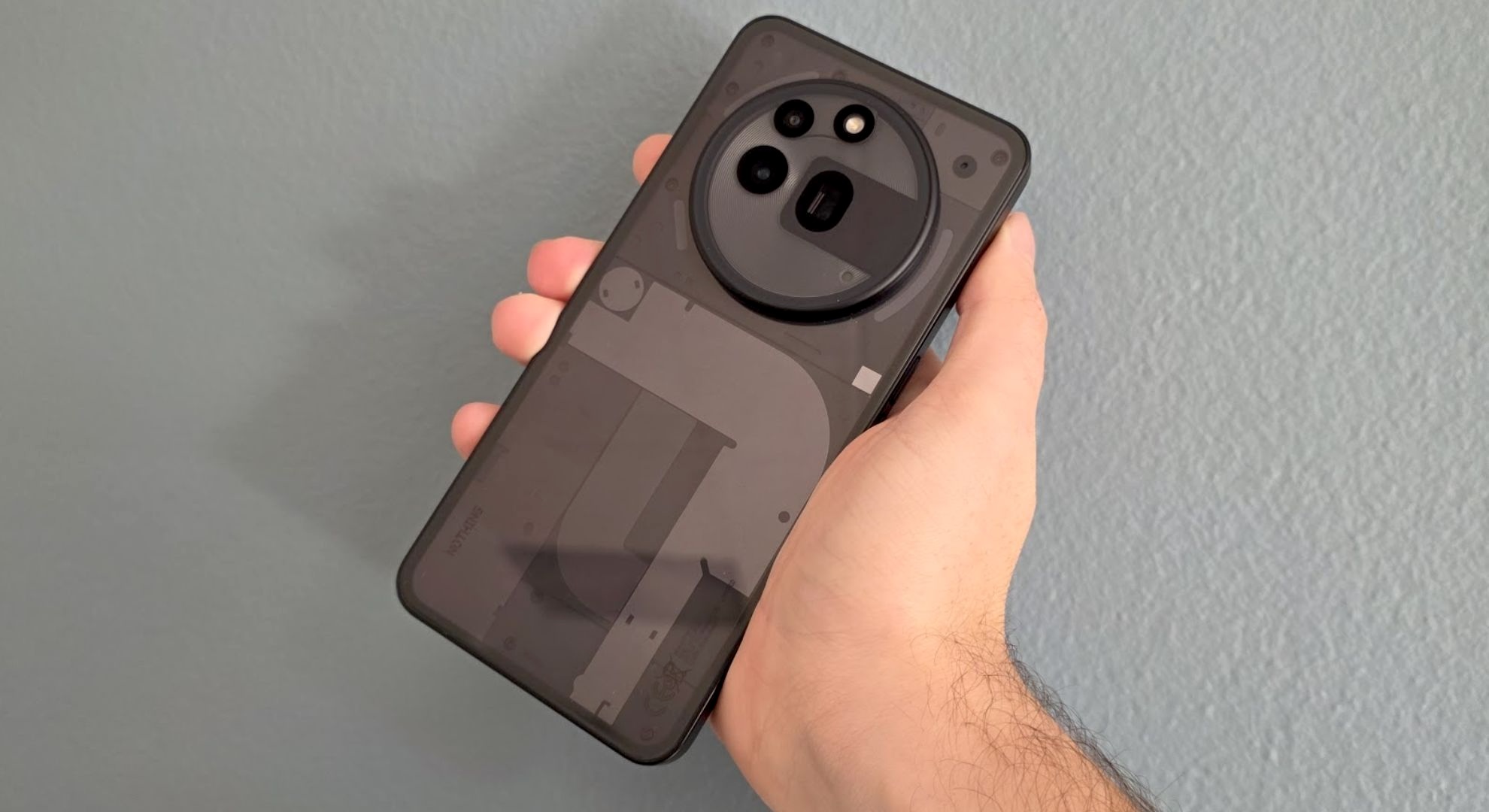





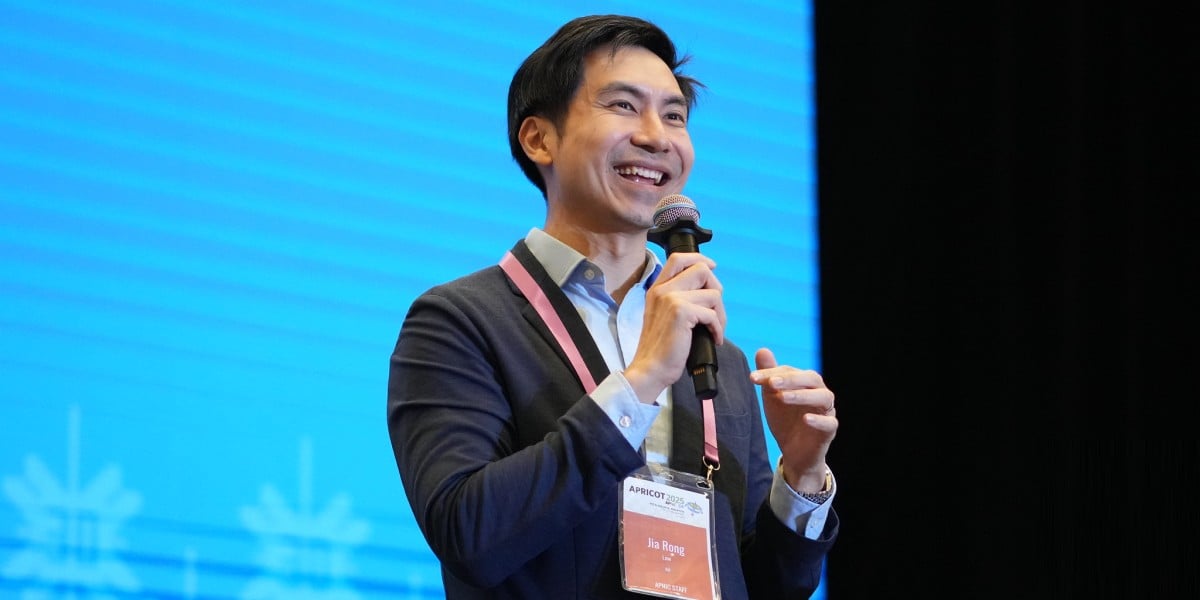







































































































































![[The AI Show Episode 143]: ChatGPT Revenue Surge, New AGI Timelines, Amazon’s AI Agent, Claude for Education, Model Context Protocol & LLMs Pass the Turing Test](https://www.marketingaiinstitute.com/hubfs/ep%20143%20cover.png)















































































































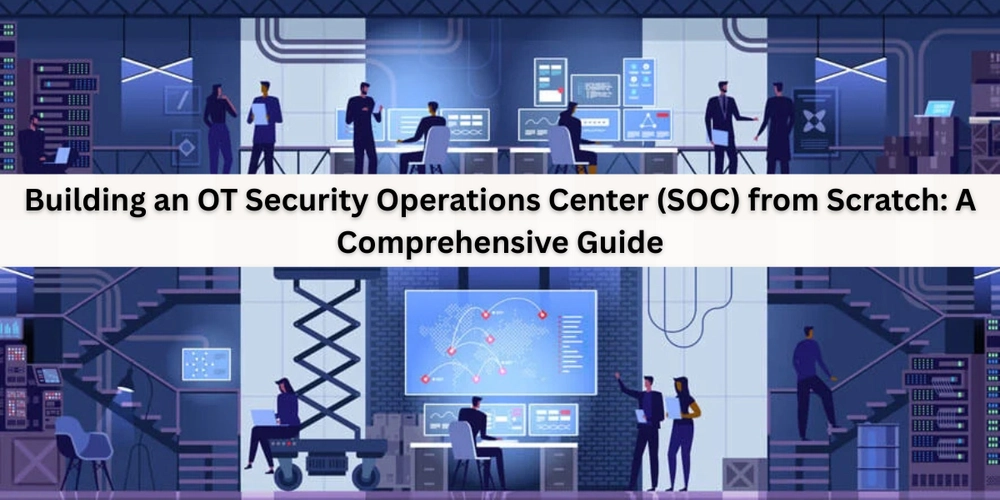


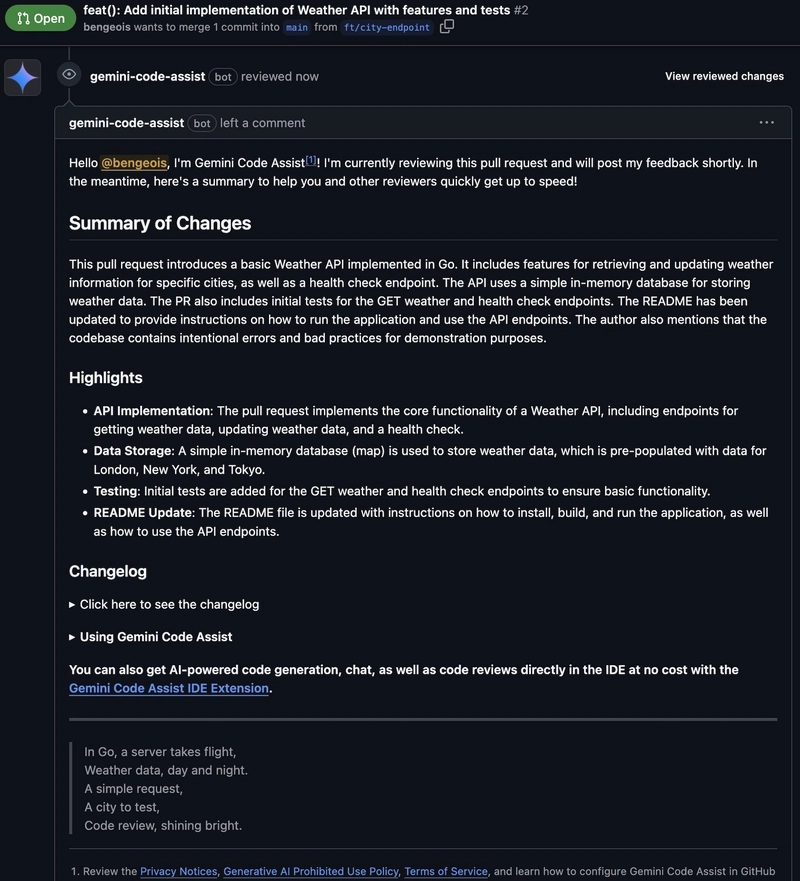













![[DEALS] Koofr Cloud Storage: Lifetime Subscription (1TB) (80% off) & Other Deals Up To 98% Off – Offers End Soon!](https://www.javacodegeeks.com/wp-content/uploads/2012/12/jcg-logo.jpg)




























































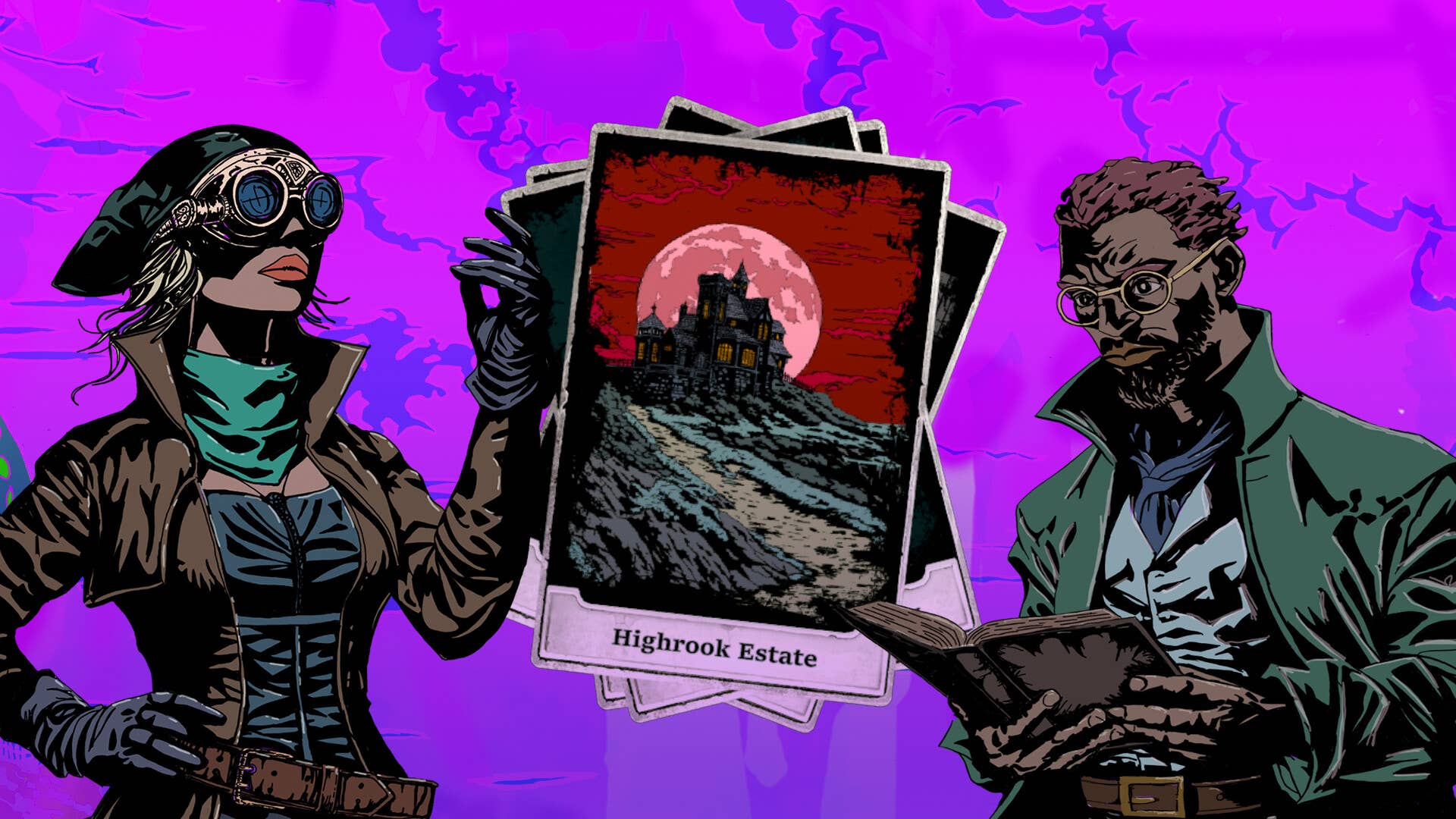



















































-RTAガチ勢がSwitch2体験会でゼルダのラスボスを撃破して世界初のEDを流してしまう...【ゼルダの伝説ブレスオブザワイルドSwitch2-Edition】-00-06-05.png?width=1920&height=1920&fit=bounds&quality=70&format=jpg&auto=webp#)











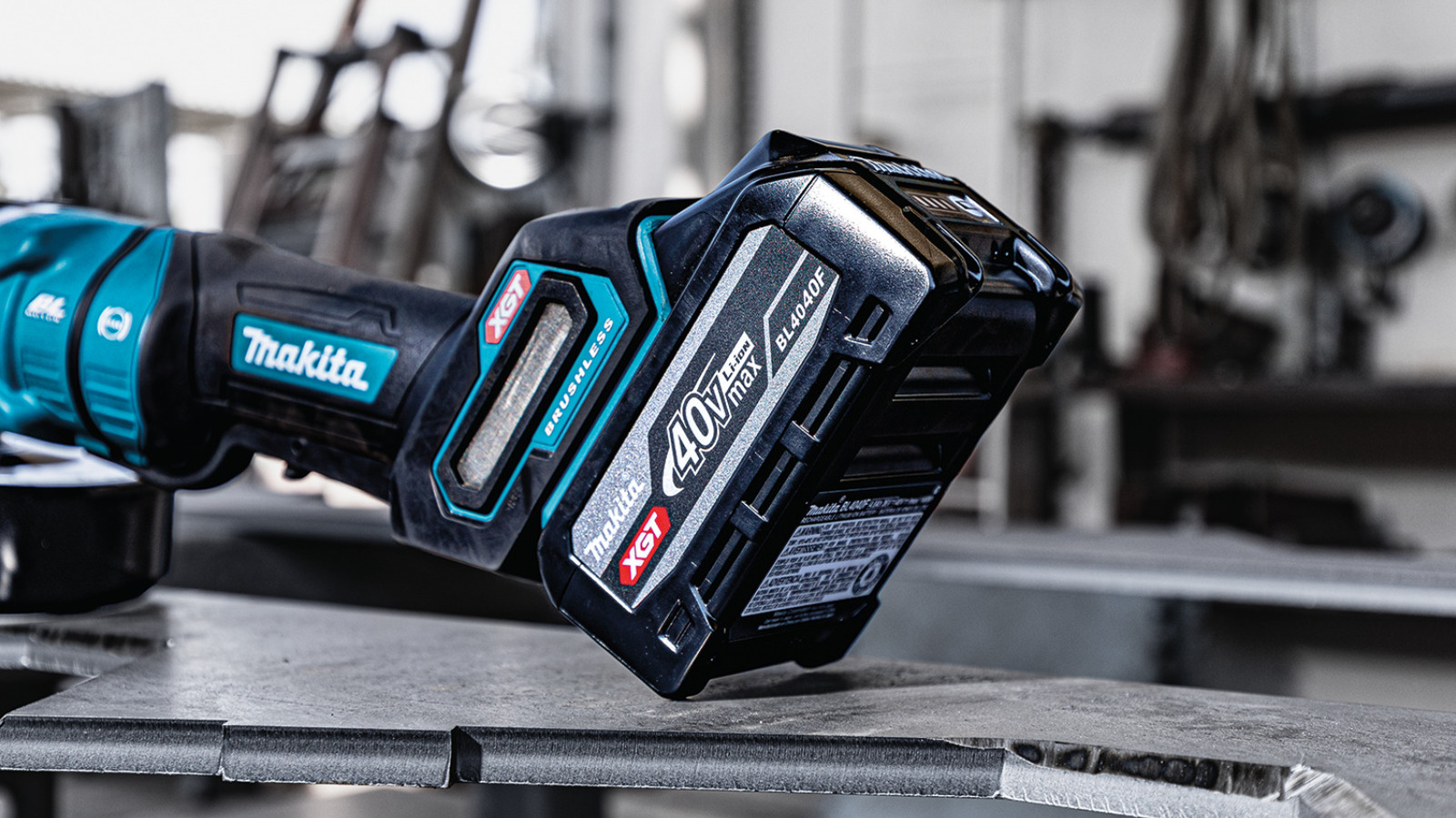











_roibu_Alamy.jpg?width=1280&auto=webp&quality=80&disable=upscale#)


















































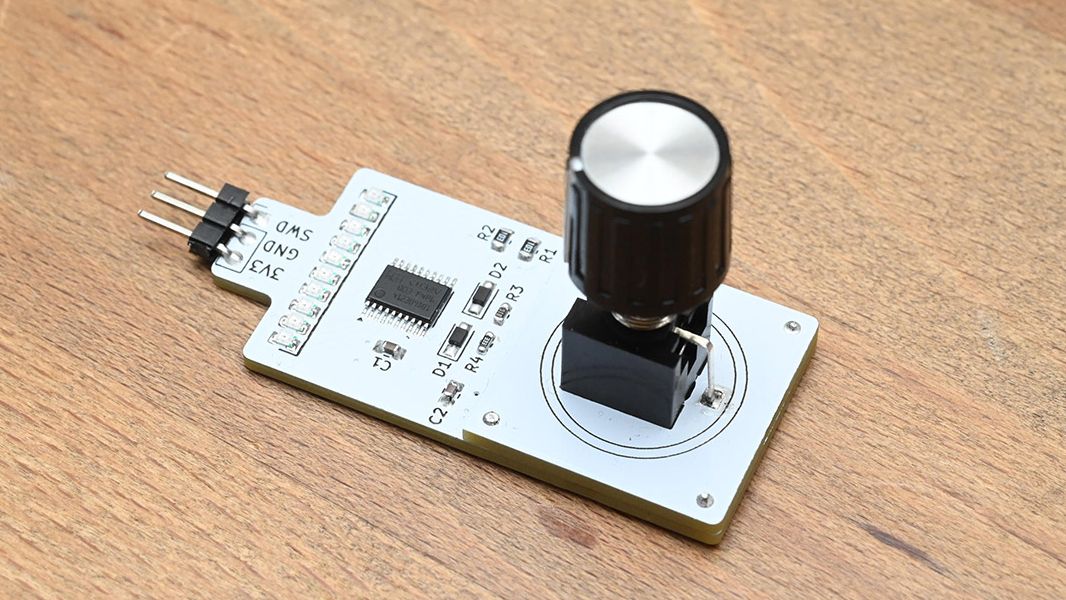


















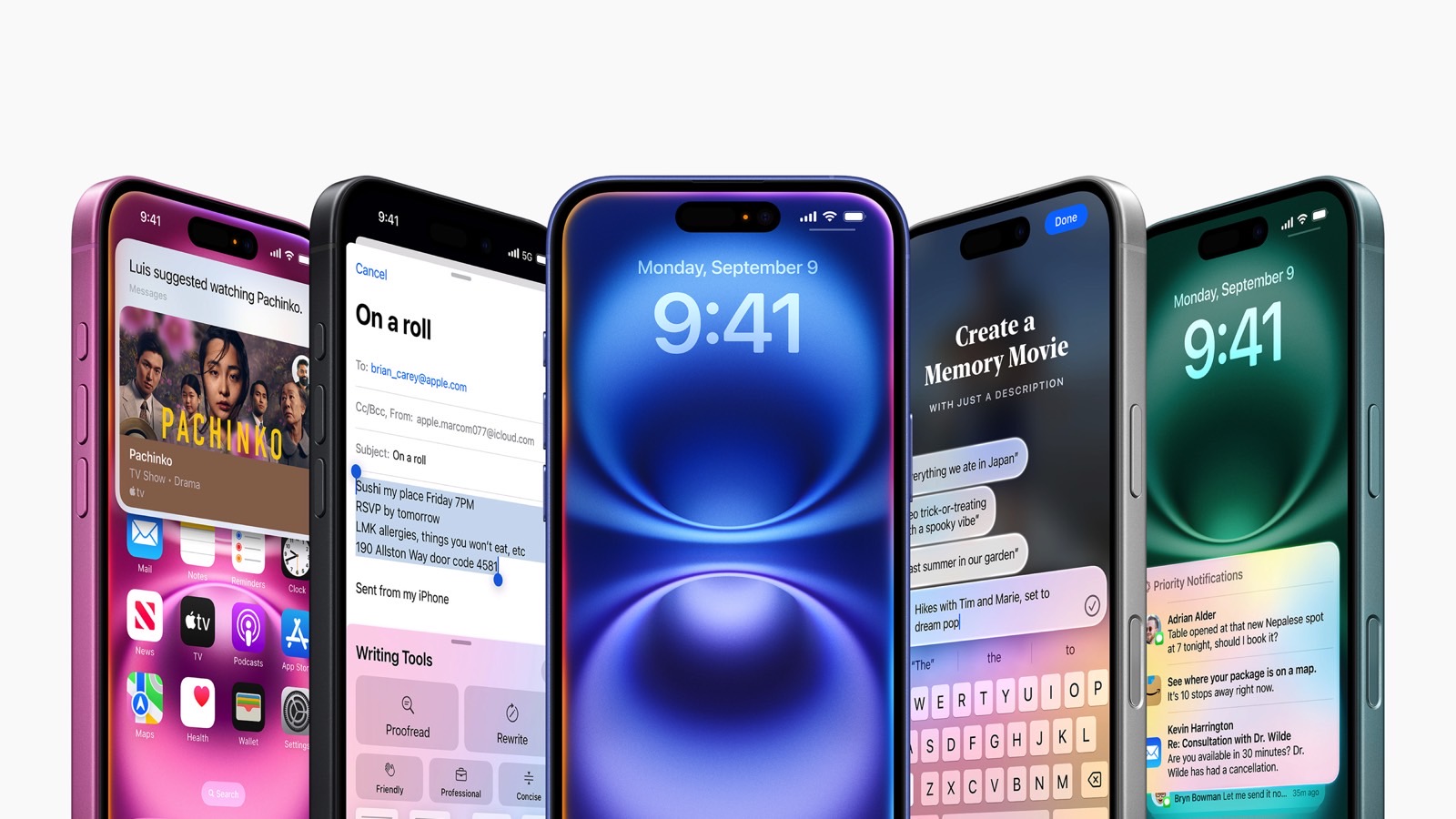


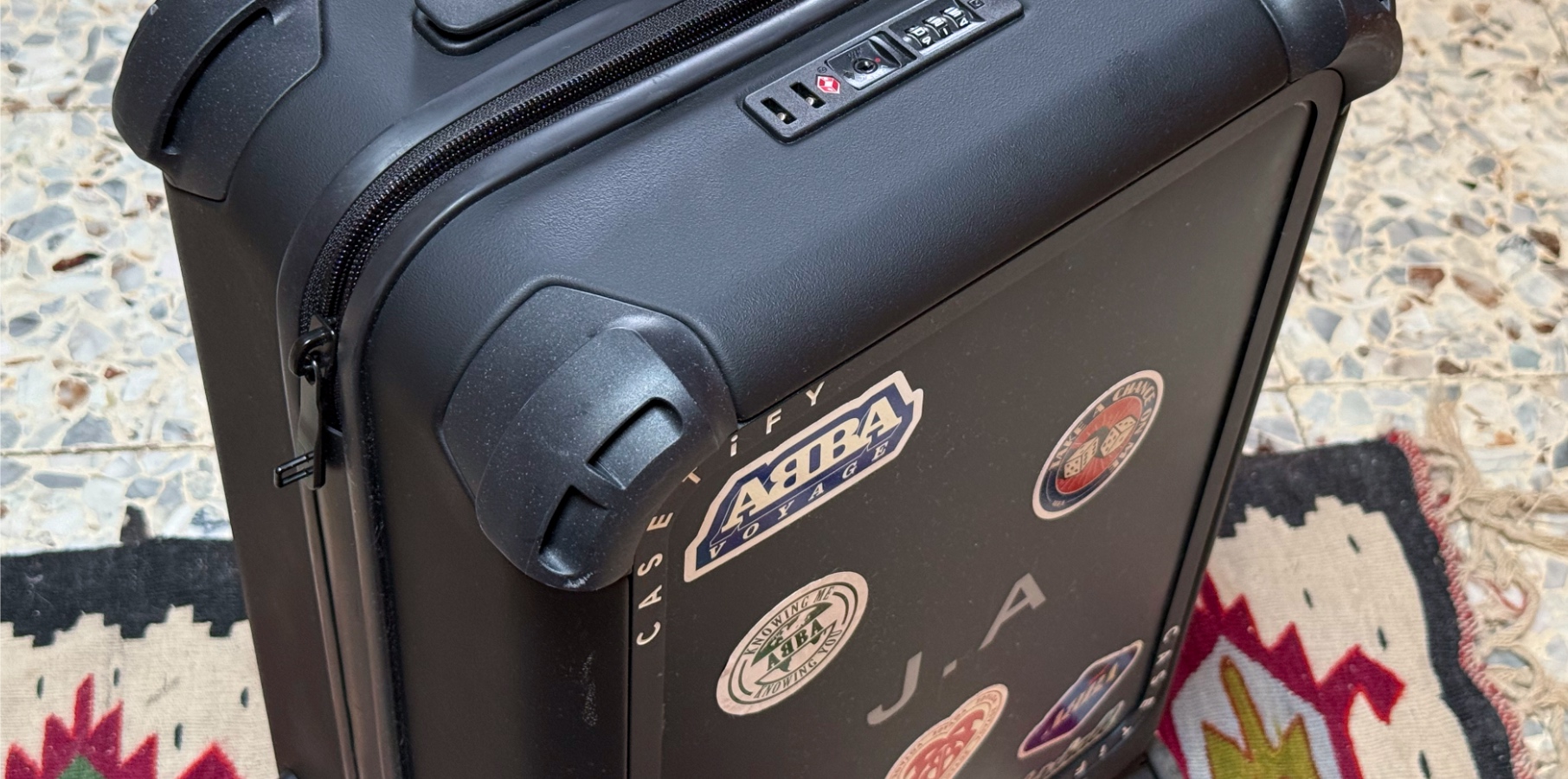
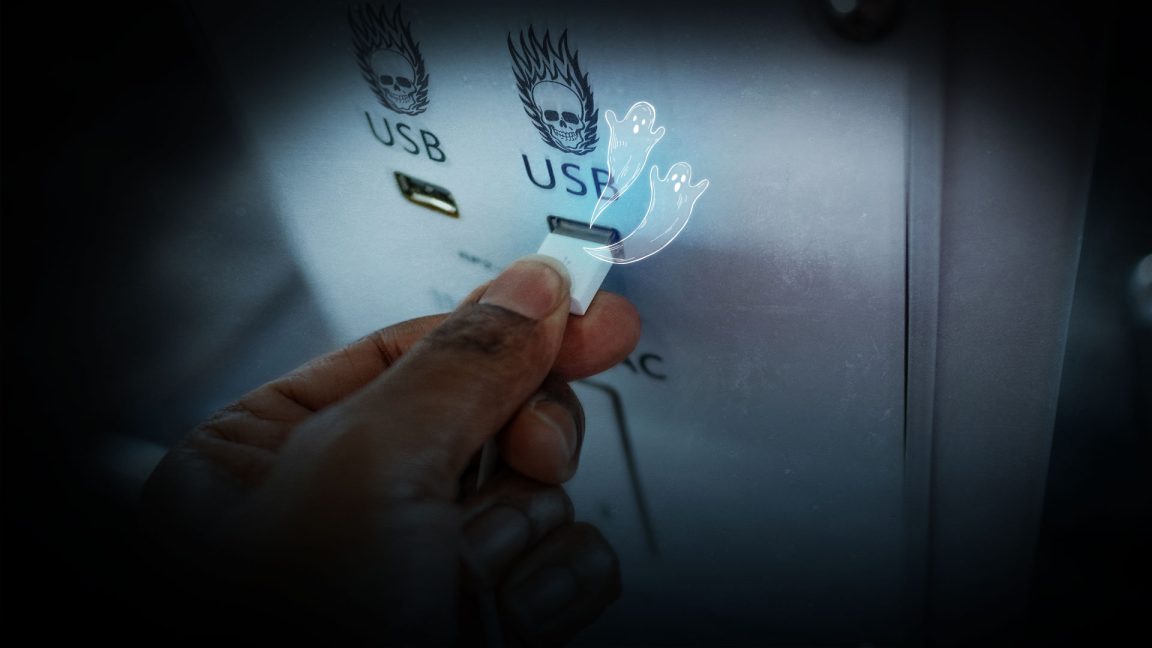












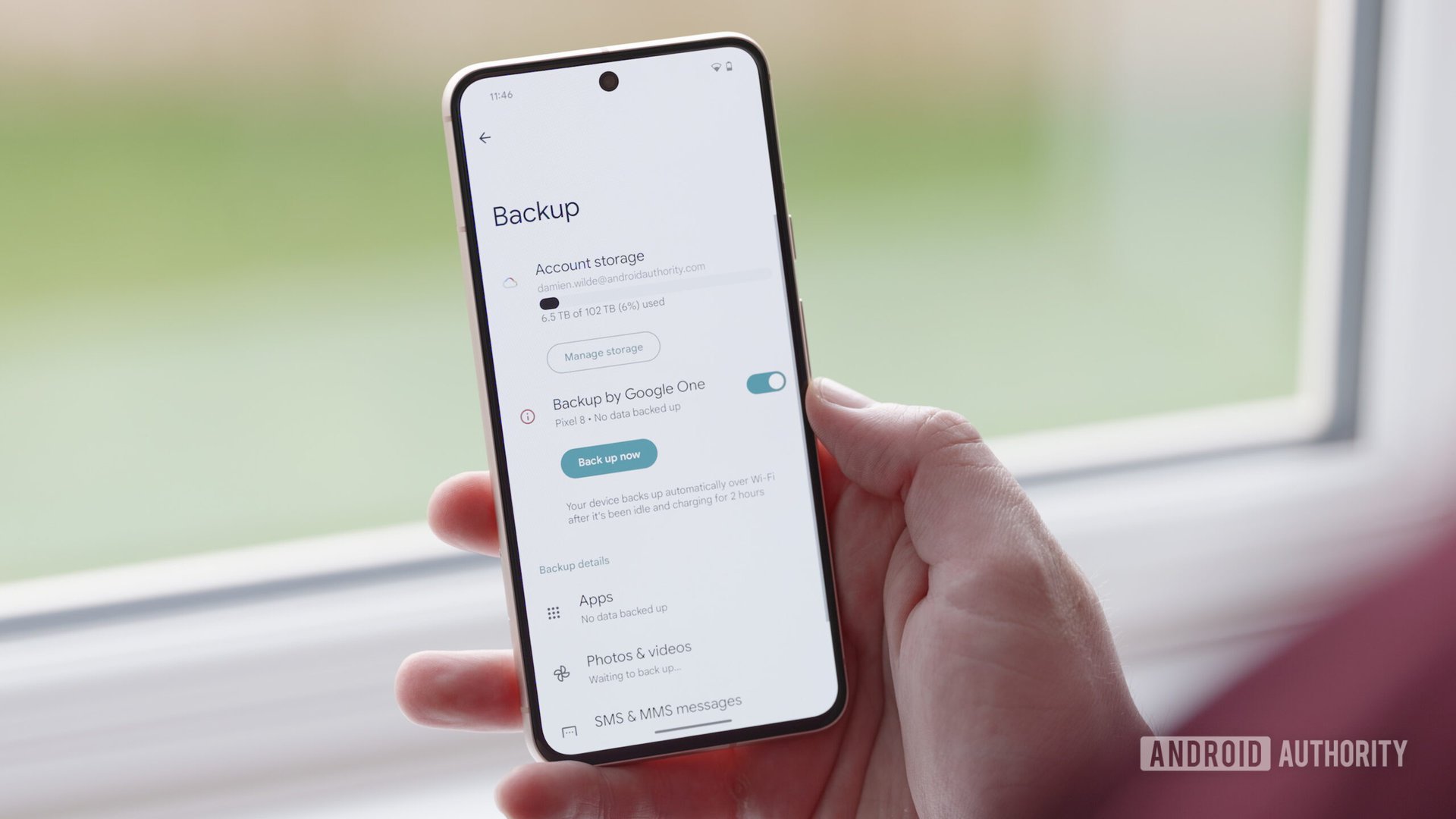

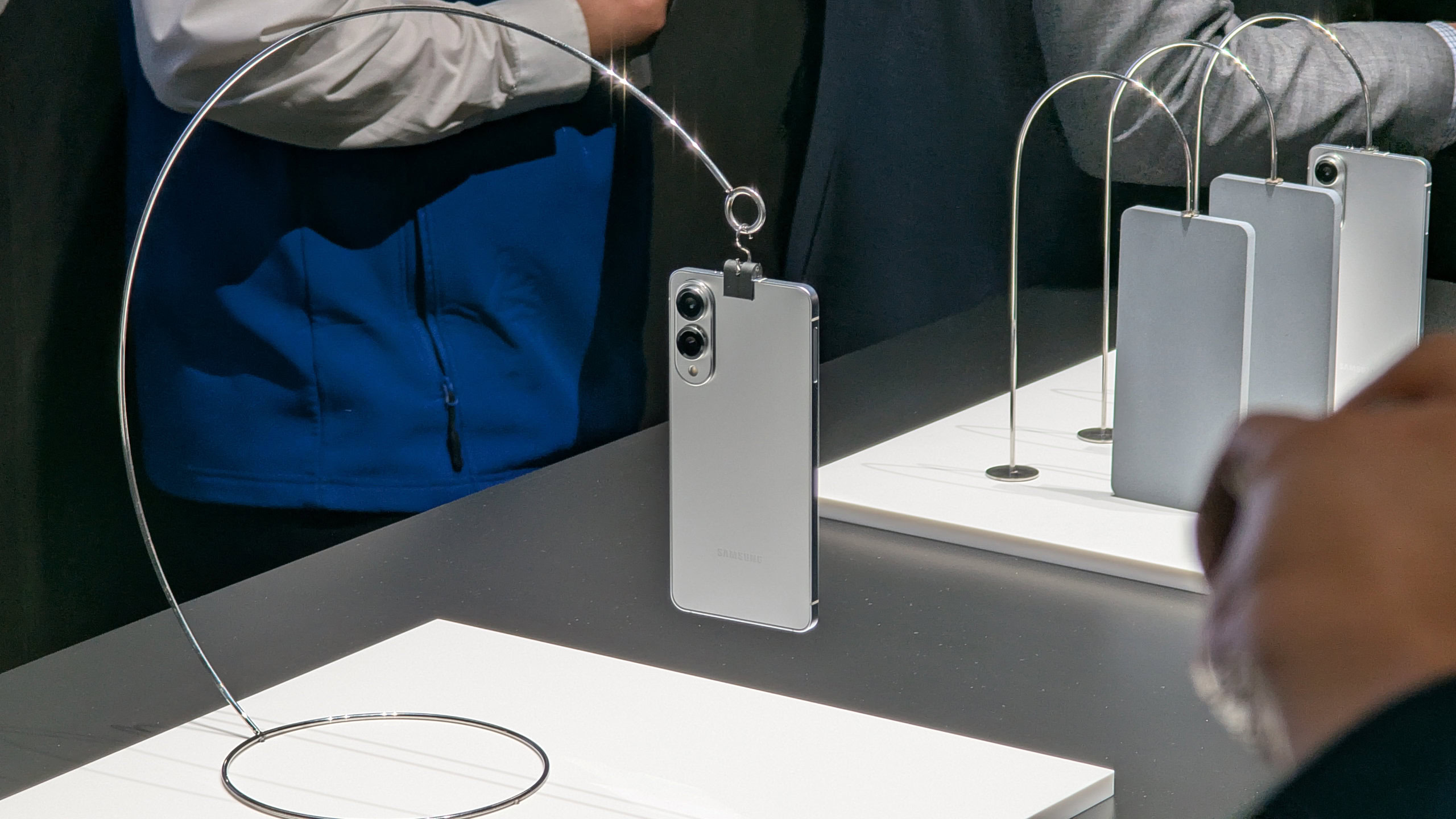

















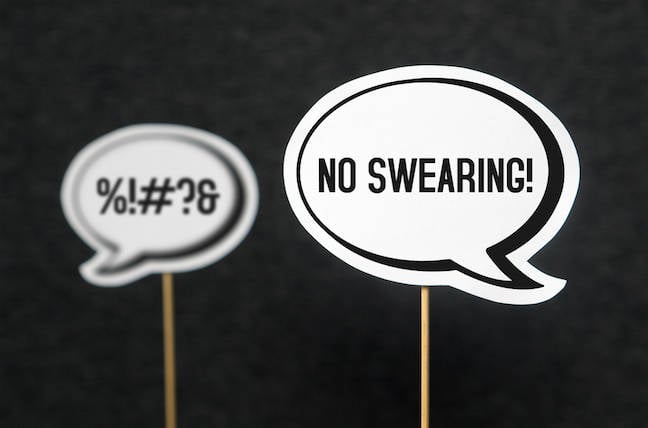
![M4 MacBook Air Drops to Just $849 - Act Fast! [Lowest Price Ever]](https://www.iclarified.com/images/news/97140/97140/97140-640.jpg)
![Apple Smart Glasses Not Close to Being Ready as Meta Targets 2025 [Gurman]](https://www.iclarified.com/images/news/97139/97139/97139-640.jpg)
![iPadOS 19 May Introduce Menu Bar, iOS 19 to Support External Displays [Rumor]](https://www.iclarified.com/images/news/97137/97137/97137-640.jpg)













